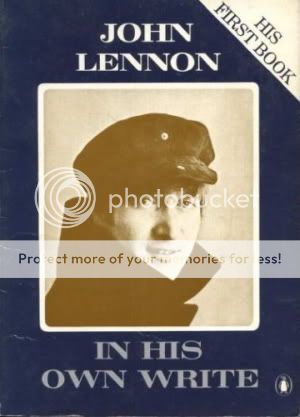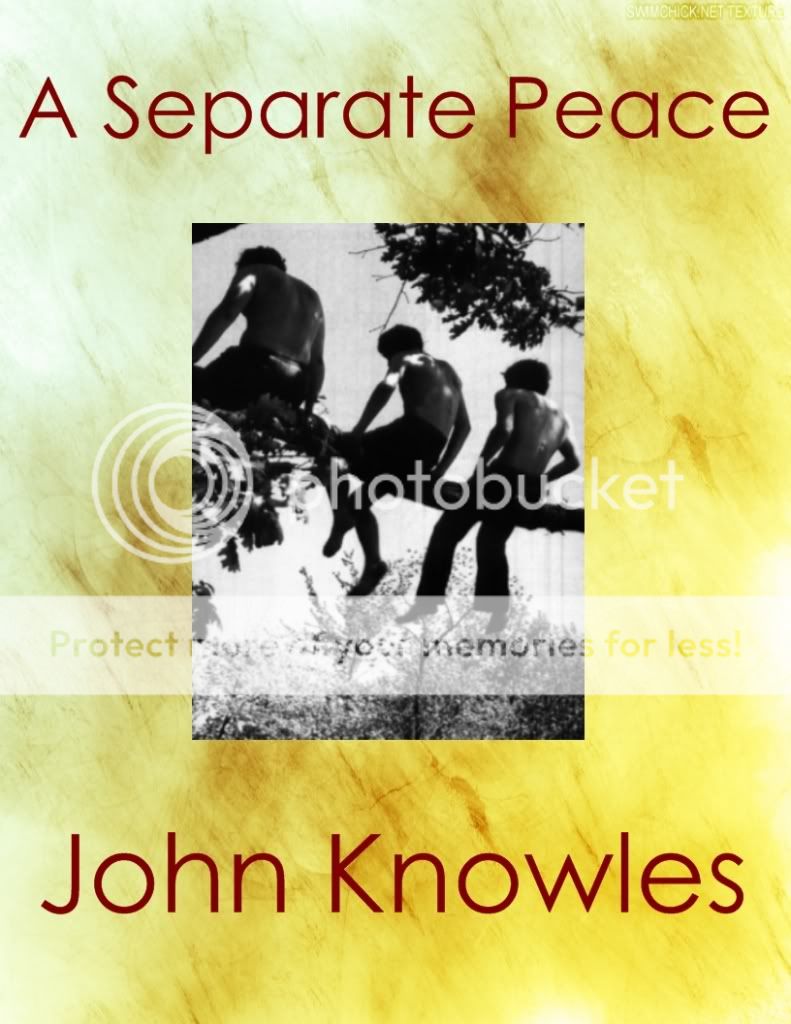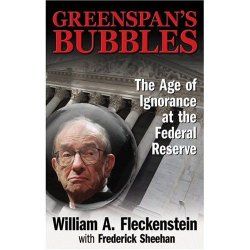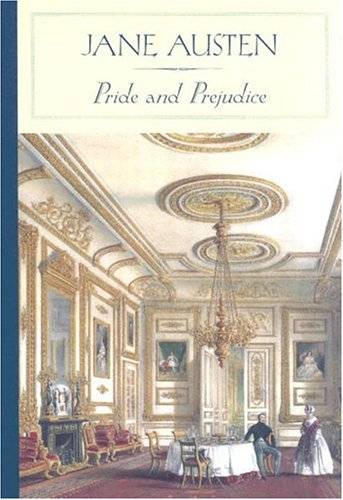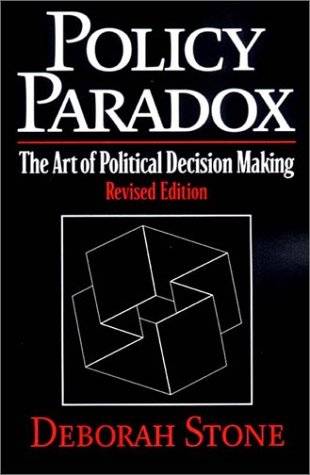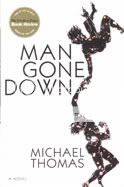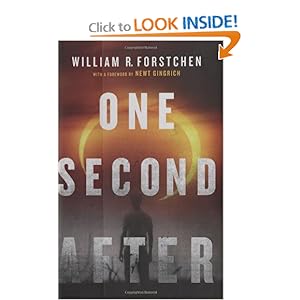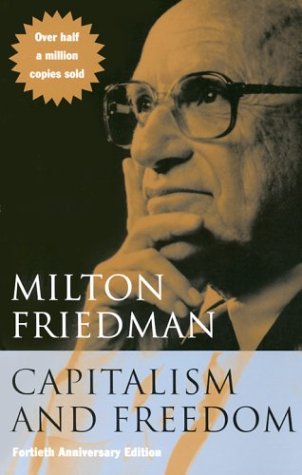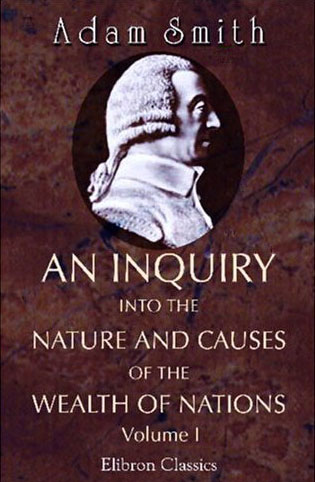Here's a thread to recommend a book, classic or not, to other posters.
I'll start it off with one of my top ten favorites. 'Atlas Shrugged' by Ayn Rand.
It's a fictional philosophical book about a dystopian United States and the people who refuse to be exploited by society.
I've read this novel a few times in my life and am currently reading it again. Warning to all. It's not a light read. It's long, deep and philosophical. But definitely worth it. Absolute classic.

I'll start it off with one of my top ten favorites. 'Atlas Shrugged' by Ayn Rand.
It's a fictional philosophical book about a dystopian United States and the people who refuse to be exploited by society.
I've read this novel a few times in my life and am currently reading it again. Warning to all. It's not a light read. It's long, deep and philosophical. But definitely worth it. Absolute classic.



